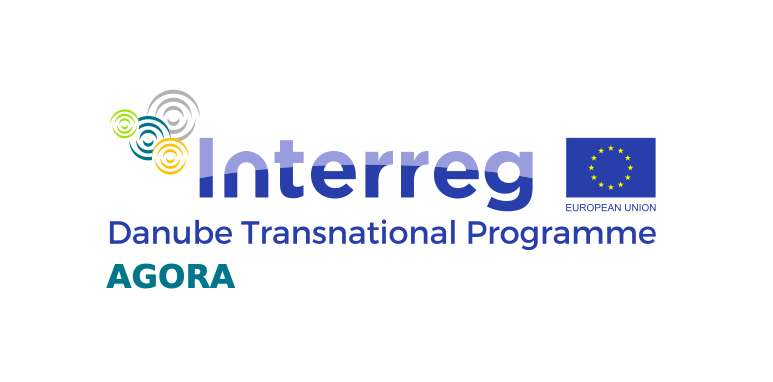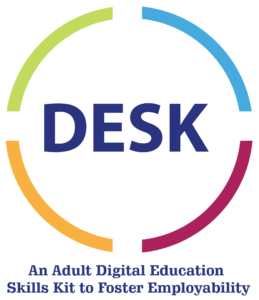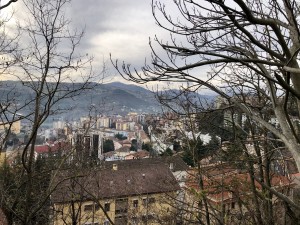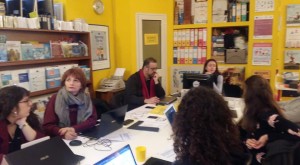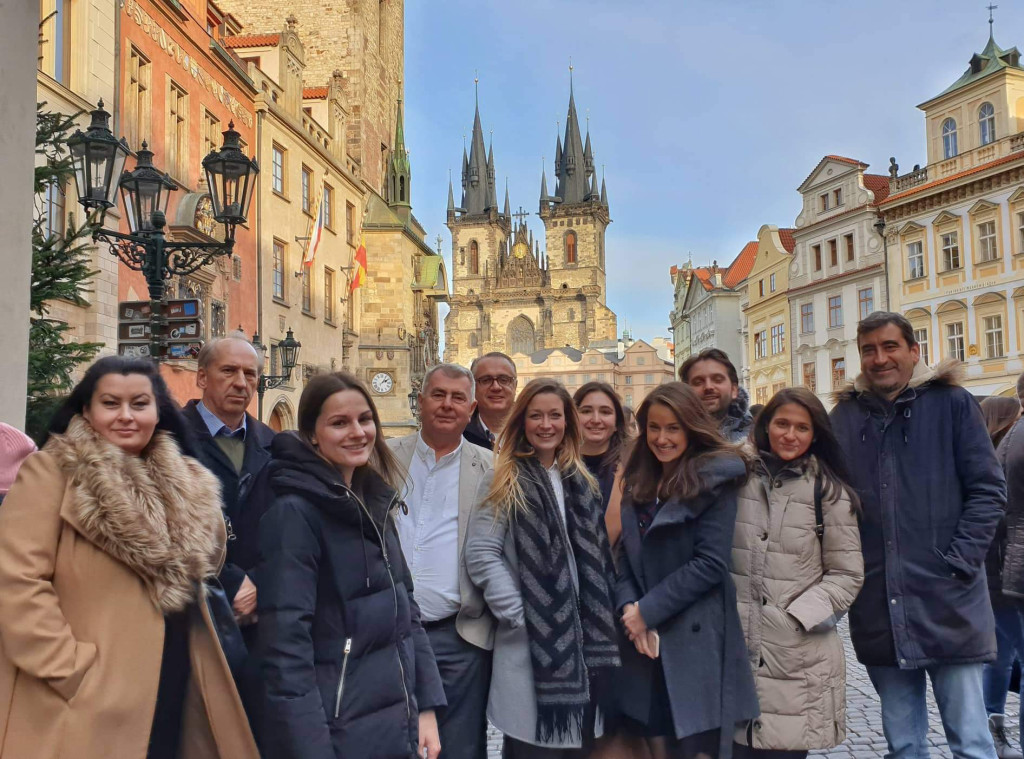Key questions for “Unlocking Youth Potential”
On September 1, 2020, EEA and Norway Grants supported by Iceland, Liechtenstein, and Norway opened a call for “Unlocking Youth Potential”. As the Grants contribute to a more socially and economically equal Europe, the current Call targets NEET (Not in Education, Employment, or Training) individuals. Aware that COVID-19 pandemic further limits access to the labour market for vulnerable citizens, the Grants finance finding new, transnational solutions for youth unemployment.
Key questions
When? Application window spans from September 1, 2020 until January 5, 2021.
Who? Target groups include 25-29 years old NEET individuals living in small towns, suburbs, or in rural areas; NEET young mothers; and 25-29 years old long-term unemployed individuals.
How much? Funding per project has to be minimum 1 million euro and maximum 2 million euro; total funding allocated for this Call is 11.5 million euro.
Where is the funding going?
This Call has three focus areas; each project can adress issues within one focus area alone.
1. Innovation and exploration – projects developing innovative, experimental solutions addressing youth unemployment;
2. Transfer of know-how and good practice – projects transferring know-how and good practice on youth employment initiatives across European countries;
3. Analysis and research – projects supporting transnational research networks that share ideas, theories, practices, and experiences on how to evaluate and perform impact studies of initiatives aiming to address youth employment in the eligible countries.
Who does what?
Lead partner
- Submits the application
- Enters the contractual relation with the Fund operator
- Establishes contractual relations with the beneficiary partners and expertise partners pursuant to the Partnership Agreement
- Maintains communication with the Fund operator on behalf of the project consortium
- Receives and distributes the grant among the consortium’s members
- Reports to the Fund operator on the project performance and results
Beneficiary partner(s)
- Are entities established in one of the 15 Beneficiary States of the EEA and Norway Grants, or in Ireland, Italy or Spain
- Participate in project consortia: minimum one beneficiary partner is needed; there is no limit on the maximum number of beneficiary partners
Expertise partner(s)
- Share expertise, experience, and know-how
- Cannot benefit directly from the Fund, yet they can benefit via professional cooperation, promoting extended and strengthened European networking, and the mutual development and exchange of expertise and good practice
Who can unlock youth potential?
Eligible project partners that are entities, public or private, commercial or non-commercial, and non-governmental organisations, established as legal persons. Also, EEA Grants distinguish between entities coming from Beneficiary States (Bulgaria, Croatia, Cyprus, Czech Republic, Estonia, Greece, Hungary, Latvia, Lithuania, Malta, Poland, Portugal, Romania, Slovakia, and Slovenia), Eligible Beneficiary Partners (Ireland, Italy, and Spain) and Expertise Partners (Austria, Belgium, Denmark, Finland, France, Germany, Luxembourg, the Netherlands, Sweden, the Donor States, and international organisations). Also, the composition of the project partnership must respect additional rules:
- Entities from at least two countries have to be involved;
- Each project must engage one lead partner and at least a beneficiary partner;
- If one entity is the lead, respectively beneficiary partner, they cannot join another consortium within this Call
- Lead, respectively beneficiary partners selected for Active Youth Call are not eligible for this Call; expertise partners can be involved in project under successive calls.
How can the funding be spent?
The latest the eligible expenses can extend is April 30, 2024. Every project consortium must provide co-financing, potentially an advance payment as well. Non-governmental organisations can entirely cover the co-financing share by means of voluntary work. Eligible expenditures include:
- Staff costs
- Travel costs and subsistence allowances
- Consumables and supplies
- Equipment costs
- Project contract requirements costs
- Subcontracting costs
- 15% flat rate of the total eligible staff costs
- Project administrative expenditures not directly attributable to the project
- Voluntary work as in-kind contribution of NGOs as project co-financing
Which are the expected results?
- Improved employment situation of NEETs/target group
- Increased participation in education and training of former NEETs/target group
- Increased number of NEETs/target group experiencing social inclusion
- Innovative approaches on lowering youth unemployment have been developed or adopted
- Increased transnational cooperation on labour market issues
- Increased knowledge of the effects of employment initiatives targeting NEETs/target group
- Increased capacity on evaluating effects of employment initiatives for NEETs/target group in research institutions
- Increased use of impact studies among policymakers
- Increased knowledge on effects of the COVID-19 pandemic on NEETs/target group
For further guidance, there are devoted sections on the EEA Grants tackling Frequently Asked Questions and project basic procedures.

